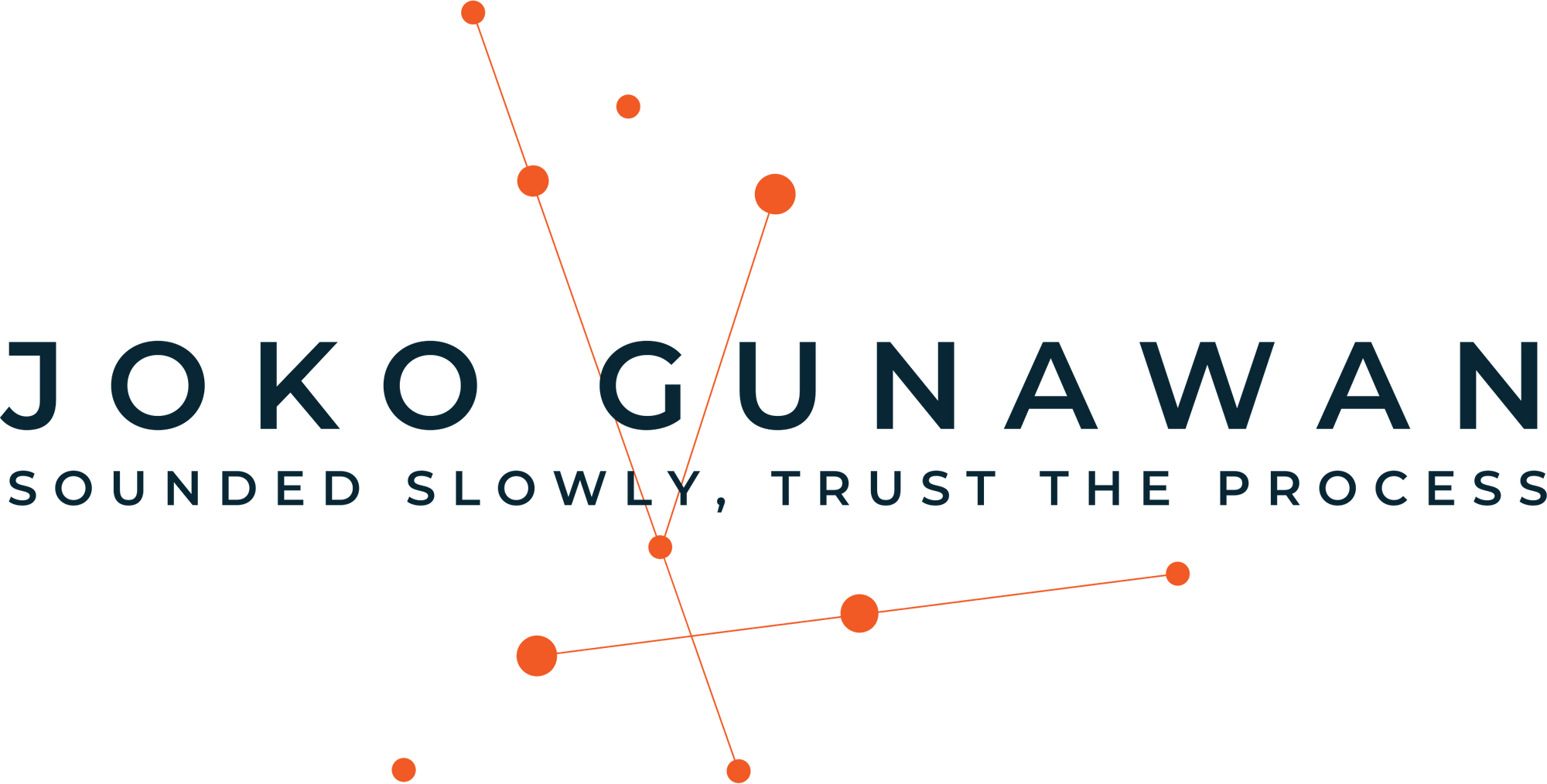This article was written before the COVID-19 pandemic. So, the prediction was quite right.
Suggested citation: Gunawan, J. (2017). A hybrid model: the future of health education in Indonesia. Public Health of Indonesia, 3(4), 145-146. [Free Download]
Main text
We cannot deny that now we are facing the fast paced, complex healthcare environment, where we must deal with issues such as advanced technology, increased patient acuity, aging population and complex disease processes. Thus, as a public health educator, we are demanded to prepare our health practitioners to be competent and professional.
By far, the most effective way to improve the competency of public health practitioners is through education, which assist them at all levels of experiences. However, to ask our health staffs to continue their education is quite challenging due to several barriers such as family and long distance, as we know that our public health practitioners are filled by gen X or even baby boomers. Therefore, a hybrid education model should be one of the solutions.
A hybrid model is not a new thing, but it is rarely applied in health education in Indonesia. It is just limited to the use of the Internet for online courses that have been going on for some time. Thus, the today’s educator should give the best possible education for the learners through a hybrid-learning model.
According to Buzzetto-More and Sweat-Guy1, a hybrid model blends face- to-face interaction with online learning and involves the delivery of curricular materials, access to resources, submission of assignment and online discussions that may be asynchronous or synchronous in nature. Combining the best of both worlds, it is found that some learners are more satisfied with the learning experience of the blended approach compared to either face-to-face or online instruction alone.2
There are, in fact, several advantages of hybrid instruction, the least of which is how it reduces traffic on campus and frees up valuable classroom space. In addition, some of the most important educational benefits are how hybrid model help improves writing and computer skills. Hybrid models also encourage self-directed learning, time management, problem-solving, and critical-thinking skills in those who participate in the programs. While from an institutional view, hybrid education offers a lower cost means of delivering instruction that can reach a wider audience of students.3 Additionally, this kind of education is not only effective for gen X and baby boomers, but also the best possible education to the “net generation,” a group sometimes called “digital natives” or gen Y .4,5 The net generation relies on collaborative, interactive, non-linear thinking.
However, a hybrid education is not possibly applied without its challenges, such as lack of technology. One way to ameliorate this concern is to provide web course or online training for health educators/instructors before implementing the model. It might not be easy, but not too difficult when seeing the fact that most of generations have been addressed with technology, such as communication using social networking such as Facebook, WhatsApp, Line, Instagram, Twitter, etc. Thus, in order to make the experience as successful as possible, effective hybrid instructors must be willing to experiment and tolerate frustrations, and they are internally motivated and resistant to non- rewards or lack of support from the system.6
Finally, the author remarks that hybrid education model demonstrates the great promise for the future of heath education in Indonesia.
References:
1. Buzzetto-More N, Guy R. Incorporating the hybrid learning model into minority education at a historically black university. Journal of Information Technology Education: Research. 2006;5(1):153-164.
2. Ryan S, Kaufman J, Greenhouse J, She R, Shi J. The effectiveness of blended online learning courses at the community college level. Community College Journal of Research and Practice. 2016;40(4):285-298.
3. Doering A. Adventure Learning: Transformative hybrid online education. Distance Education. 2006;27(2):197-215.
4. Peercy PS, Cramer SM. Redefining Quality in Engineering Education Through Hybrid Instruction. Journal of Engineering Education. 2011;100(4):625-629.
5. Gunawan J. Generation Y Nurse: What do I need in the workplace? Belitung Nursing Journal. 2016;2(3).
6. Brunner LS. Brunner & Suddarth’s textbook of medical-surgical nursing. Vol 1: Lippincott Williams & Wilkins; 2010.

